Workplace Rights in 2025: Key Employment Law Updates Every Colorado Employee and Employer Should Know
Navigating Colorado's Evolving Employment Laws: What You Need to Know for 2025

Introduction
As we enter 2025, several significant updates to employment laws in Colorado are set to impact both employees and employers. Staying informed about these changes is crucial to maintaining compliance and protecting workplace rights. Whether you are a business owner or a worker, understanding these new laws can help you avoid legal pitfalls and ensure a fair work environment.
At Mitchiner Law LLC, a leading Colorado employment law firm, we are dedicated to helping clients navigate complex labor laws. Here’s a comprehensive look at the latest updates and how they affect workplace rights in Colorado.
1. Minimum Wage Increase
Colorado’s minimum wage has increased once again in 2025. The statewide minimum wage is now $15.50 per hour, with a higher rate applicable in Denver. Employers must update payroll systems to reflect this change and ensure compliance.
Employer Takeaways:
- Review and adjust employee wages accordingly.
- Ensure that tipped employees receive at least the new minimum wage when combined with tips.
2. Expanded Paid Family and Medical Leave (FAMLI Program)
Colorado’s FAMLI Program, which officially launched in 2024, continues to expand. This state-run paid leave program allows eligible employees to take up to 12 weeks of paid leave for family or medical reasons, with an additional four weeks for pregnancy-related complications.
Employee Benefits:
- Paid time off for serious health conditions, family caregiving, or parental leave.
- Protection against employer retaliation for utilizing paid leave.
Employer Responsibilities:
- Ensure compliance with payroll deductions and employer contributions.
- Update policies to align with the expanded FAMLI requirements.
3. Stronger Protections Against Workplace Harassment
New updates to Colorado’s anti-harassment laws strengthen employee protections. The law now broadens the definition of harassment, making it easier for employees to file complaints.
Key Changes:
- A lower standard for proving a hostile work environment.
- Increased employer liability for failing to prevent workplace harassment.
- Stricter policies required for reporting and handling complaints.
Employers should update harassment training programs and ensure clear reporting mechanisms to remain compliant.
4. Pay Transparency and Equal Pay Act Updates
Colorado’s Equal Pay for Equal Work Act now includes stricter requirements for pay transparency. Employers must disclose salary ranges in job postings and provide written justifications for pay disparities.
Employer Guidelines:
- Include salary ranges in all job listings.
- Maintain records to justify pay differences based on experience, education, or merit.
- Avoid pay discrimination based on gender or other protected characteristics.
If you are experiencing pay disparities, consult with an employment law attorney in Denver to discuss your legal options.
5. Independent Contractor Classification Crackdown
Colorado has intensified enforcement on worker misclassification. If a business incorrectly classifies employees as independent contractors, it may face steep penalties.
How to Avoid Misclassification Issues:
- Ensure contractors operate independently and control their own work schedules.
- Avoid dictating work methods, as this could classify a worker as an employee.
- Seek legal advice if uncertain about classification.
Employers should consult with the best employment attorney in Denver to prevent costly legal disputes.
6. Expanded Employee Rights for Remote Workers
As remote work remains a staple in 2025, Colorado has introduced new protections for remote employees, ensuring they receive the same workplace rights as in-office workers.
New Regulations Include:
- Reimbursement for work-related expenses (such as internet and home office costs).
- Clear guidelines on working hours to prevent wage and hour violations.
- Equal opportunities for promotions and benefits regardless of work location.
Employers should update remote work policies to stay compliant with these new rules.
7. Stronger Workplace Retaliation Protections
Employees who report workplace violations now have even stronger protections against retaliation. This includes:
- Extended statute of limitations for filing complaints.
- Increased penalties for employers found guilty of retaliation.
- Additional support for whistleblowers in high-risk industries.
If you have faced retaliation for reporting workplace violations, an employment attorney in Denver can help protect your rights.
Conclusion
Colorado's employment law landscape is evolving in 2025, and both employees and employers must stay ahead of these changes. Whether it’s adjusting to minimum wage increases, pay transparency laws, or workplace harassment protections, compliance is key to avoiding costly legal issues.
At Mitchiner Law LLC, we specialize in employment law matters, helping businesses and individuals navigate their legal rights. If you have questions or need legal guidance, contact us today to consult with the best employment attorney in Denver.
Get Legal Help Today!
Need assistance with workplace rights or employer compliance? Schedule a consultation with Mitchiner Law LLC, a top Colorado employment law firm, to discuss your case.
Stay informed and protect your rights in 2025!











